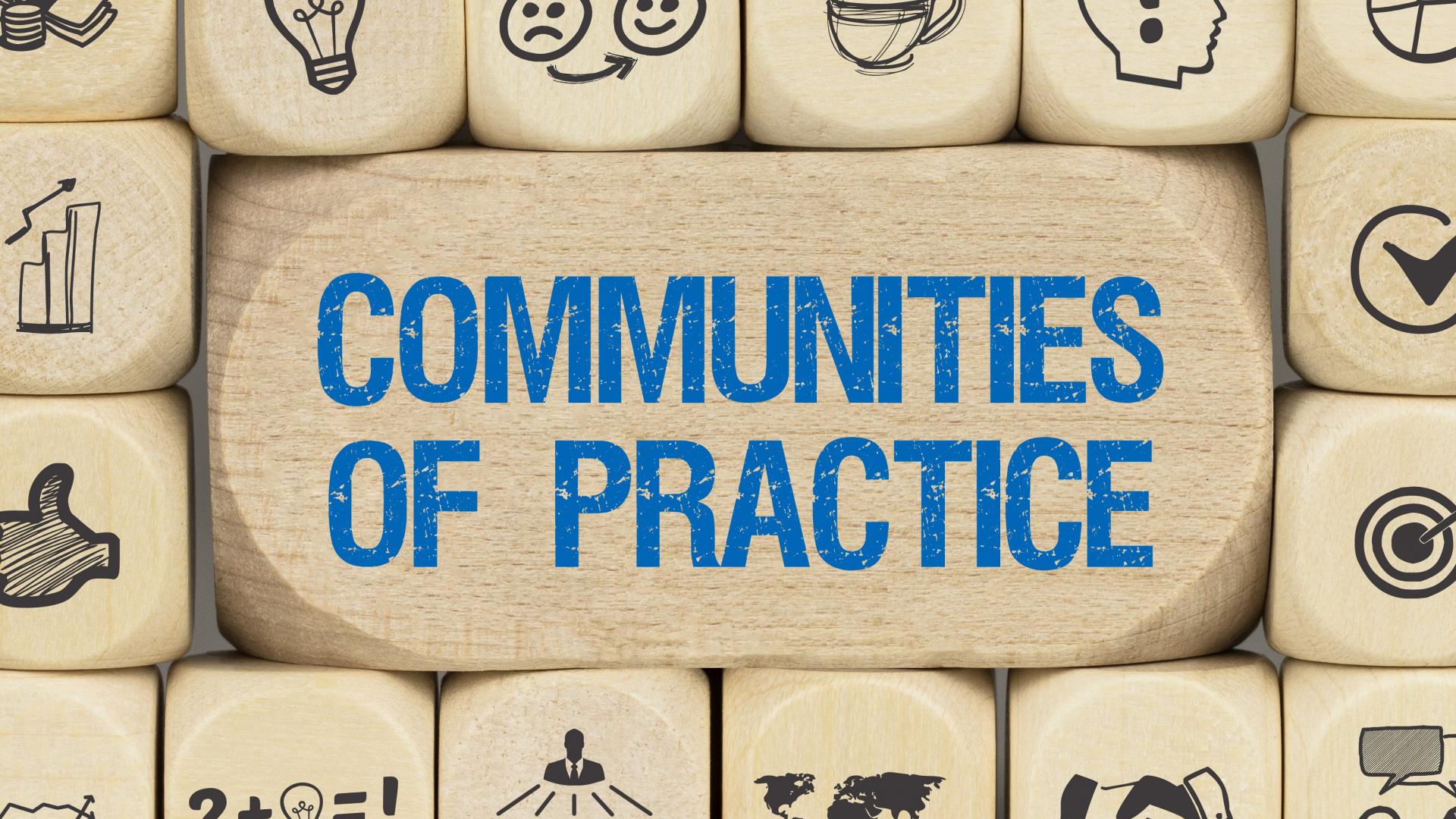By Adrian Manning, APS Academy
1. Creating the Foundation
Define the Purpose
Every strong CoP begins with a clearly articulated purpose. A focused mission ensures members have a common goal and reason to engage. What problem is the community trying to solve? What’s the evidence that it’s a problem relevant to a range of APS agencies?
Secure Executive Sponsorship
Buy-in from leadership provides legitimacy, helps allocate resources, and supports alignment with broader agency goals. A champion at the senior level can advocate for the CoP and help overcome bureaucratic hurdles.
Recruit core members and resources required
Start with a core group of motivated, knowledgeable professionals who are passionate about the mission of the Community. These early adopters will shape the culture, tone, and initial activities of the community. Strive for member diversity in terms of roles, agencies, and experience as this bring different perspectives and enriches discussions.
Resourcing will fluctuate over time, with more human intervention required upfront and around peak times (see below – annual member survey). It can also depend on the size of the community and the platform. The larger the community the more resources around monitoring and planning events is required. A smart platform can reduce this and can be worth investigating.
2. Building the Community
Establish Governance and Structure
Create a basic governance framework. This could include:
- a rotating leadership team or steering committee
- guidelines or a charter
- defined roles such as facilitators, content creators, or event planners
Structure shouldn’t be rigid, but it helps set expectations and keeps the CoP productive.
Enable Communication and Collaboration
Choose the right tools to support interaction—this might include shared workspaces (like Microsoft Teams or Slack), a dedicated email list, and a knowledge repository. In-person or virtual meetings, webinars, and working groups help deepen relationships and learning.
Host Regular Engagements
Consistency is key. Monthly meetings, quarterly webinars, or topic-based discussion series keep momentum going. Encourage knowledge sharing, success stories, case studies, and lessons learned.
3. Helping the Community Flourish
Cultivate a Culture of Openness and Trust
Create a safe space where members feel comfortable sharing challenges and asking for help. Recognise contributions and celebrate wins to maintain motivation and inclusion.
Encourage Cross-Agency Collaboration
Government CoPs thrive when they bridge gaps between agencies, departments, and disciplines. Encourage collaboration on shared challenges and promote transparency across organisational boundaries.
Invest in Learning and Professional Development
Bring in guest speakers, share research, organise training sessions, and offer mentorship opportunities. Professional growth should be at the heart of every CoP.
4. Annual Feedback and Planning: The Key to Longevity
To ensure the community stays relevant and impactful, establish an annual feedback and planning cycle:
Annual Member Survey
Conduct a structured feedback survey every year to assess:
- satisfaction with activities and content
- relevance of topics
- communication effectiveness
- opportunities for improvement
This feedback gives voice to the community and identifies shifts in needs or interests.
Strategic Planning Session
Based on survey results, host an annual planning session with leadership and key members to:
- set goals for the coming year
- identify themes or areas of focus
- plan events, content, and collaborations
- refresh leadership or working groups as needed
This planning helps realign the CoP with its mission and ensures activities are purposeful and member-driven.
Conclusion
Building a thriving government Community of Practice is a dynamic and rewarding endeavour. With a clear mission, inclusive culture, strategic structure, and ongoing evaluation, a CoP can become a vital resource for innovation, learning, and collaboration across the public sector. When done right, it transforms individual knowledge into collective power—moving the needle on government excellence and public service delivery.
If you have any queries, please contact to Adrian Manning or the APS Academy.




